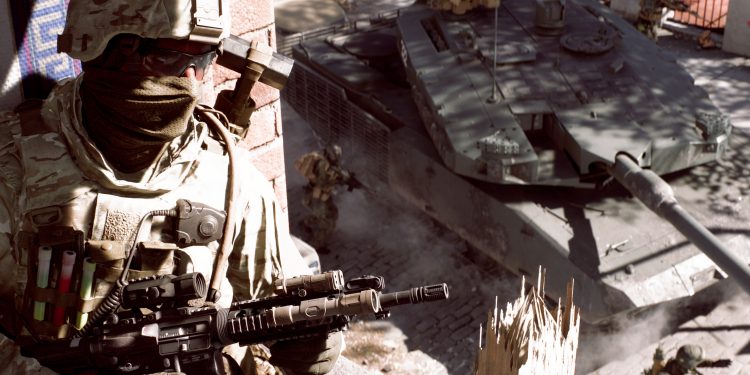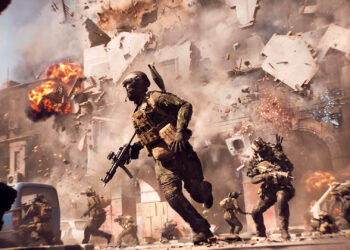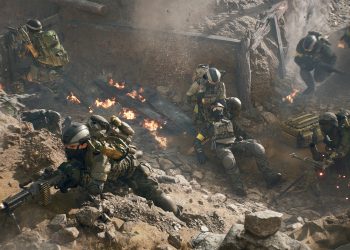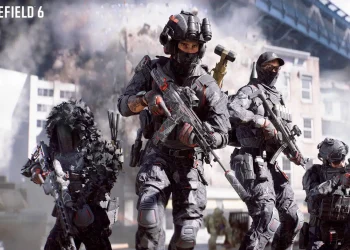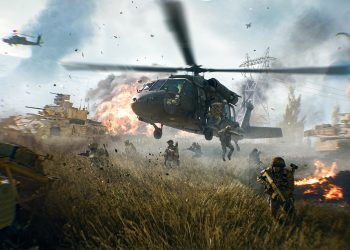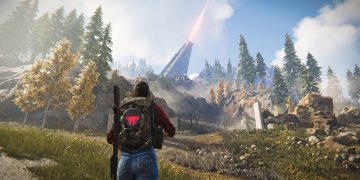Developers say they want Battlefield 6 to run smoothly without forcing players to use upscalers like DLSS, while still offering them as optional tools. That’s a practical aim from Electronic Arts and Battlefield Studios, and the August beta did hint at cleaner performance on midrange rigs.
Christian Bruhl, the technical director on the game, was blunt about tradeoffs. “We want Battlefield 6 to run great without [DLSS], and we want to give you the option to use it if you want,” he said. “I believe all of our default performance targets are not with [upscaling] on.”
He added, “There are pros and cons to a lot of those different technologies … Our goal is for everything to be performant without a lot of extra stuff.” That sounds like a win for players who prefer steady framerates over fidelity tweaks.
The beta performance matched that message. Stability and responsiveness were the two things players noticed first, even if the visuals weren’t always the most photo-real. Oh, and the game felt snappy on cards that are still a few years old.
Here are the published system requirements, roughly summarised by tier.
MINIMUM
- Requires a 64-bit processor and operating system
- OS: Windows 10
- Processor: Intel Core i5-8400 or AMD Ryzen 5 2600
- Memory: 16 GB RAM
- Graphics: Nvidia RTX 2060 or AMD Radeon RX 5600 XT 6GB
- DirectX: Version 12
- Network: Broadband Internet connection
- Storage: 55 GB available space
- Additional Notes: TPM 2.0 enabled, UEFI SECURE BOOT enabled
RECOMMENDED
- Requires a 64-bit processor and operating system
- OS: Windows 11
- Processor: Intel Core i7-10700 or AMD Ryzen 7 3700X
- Memory: 16 GB RAM
- Graphics: RTX 3060Ti or AMD Radeon RX 6700-XT
- DirectX: Version 12
- Network: Broadband Internet connection
- Storage: 80 GB available space
- Additional Notes: TPM 2.0 enabled, UEFI SECURE BOOT enabled
The requirements are fairly reasonable for a 2025 shooter. Who wants to wrestle with muddy upscaling artifacts every match? If you prefer native resolution and steady frames, this approach will likely suit you well.
Performance-first decisions like this serve as a reminder that, for an FPS, snappy framerates often matter more than elaborate lighting tricks. The team appears to be targeting playable experiences across a wide range of hardware, rather than forcing every player into an upscaling workflow.
Please share your thoughts in the comments below and let me know whether you’d prefer to run native or use DLSS for the extra boost.
Share quick takes and predictions with us on X and Bluesky, we’d love to read them.

